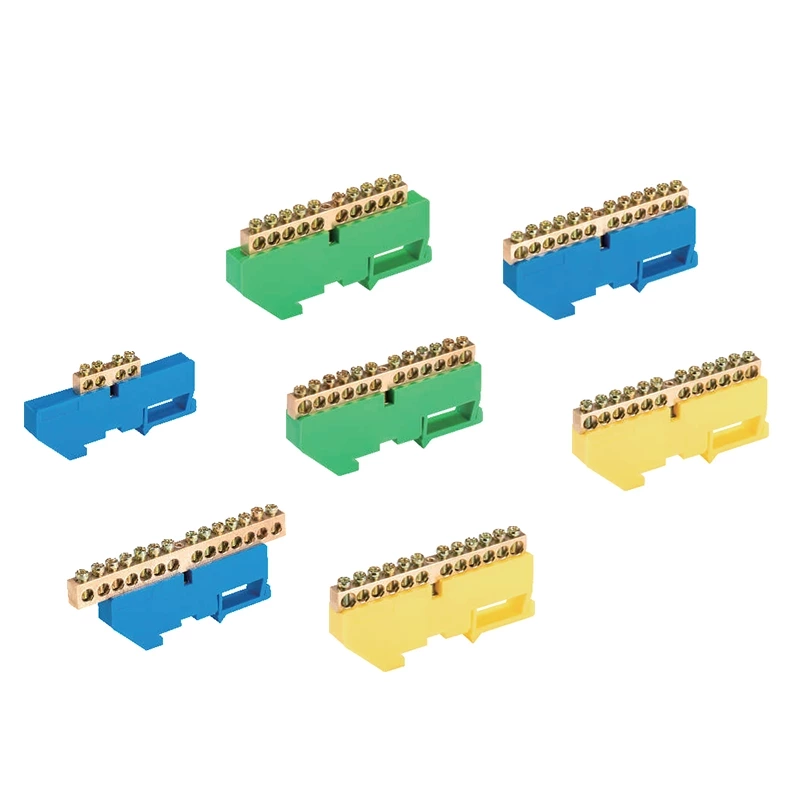Power Fittings Manufacturers Share How Power Fittings Can Be Divided Into Several Categories According To Performance And Purpose
Power fittings are now widely used. According to their main performance and uses, they can be roughly divided into the following categories:
1) Suspension fittings, also known as support fittings or suspension wire clamps. This kind of fittings is mainly used to suspend the wire insulator string (mostly used for straight pole towers) and suspend jumpers on the insulator string.
2) Anchor fittings, also known as fastening fittings or wire-resistant wire clamps. This kind of fittings is mainly used to fasten the terminal of the wire to fix it on the wire-resistant insulator string. It is also used to fix the terminal of the lightning conductor and anchor the wire. The anchor fittings bear all the tension of the wire and lightning conductor, and some anchor fittings become conductors.
3) Connecting fittings, also known as hanging wire parts. This kind of fittings are used to connect insulators into strings and connect fittings to fittings. It bears mechanical loads.
4) Copper Terminal block. This kind of fittings is specially used to connect various bare wires and lightning conductors. The connection bears the same electrical load as the conductor, and most of the connection fittings bear the entire tension of the conductor or lightning conductor.
5) Protective fittings. This kind of fittings is used to protect conductors, insulators, etc., such as equalizing rings for protecting insulators, heavy hammers for preventing insulator strings from being pulled up, and anti-vibration hammers and protective wires for preventing conductor vibration.

6) Contact fittings. This kind of fittings is used to connect hard busbars, soft busbars and outlet terminals of electrical equipment, T-connections of conductors and non-load-bearing parallel connections, etc. These connections are electrical contacts. Therefore, higher conductivity and contact stability of contact fittings are required.
7) Fixed fittings, also known as power plant fittings or high-current busbar fittings. This kind of fittings are used to fix and connect various hard busbars or soft busbars to support insulators in distribution equipment. Most of the fixed fittings are not used as conductors, but only serve to fix, support and suspend. However, since these fittings are used for large currents, all components should be free of hysteresis losses.
